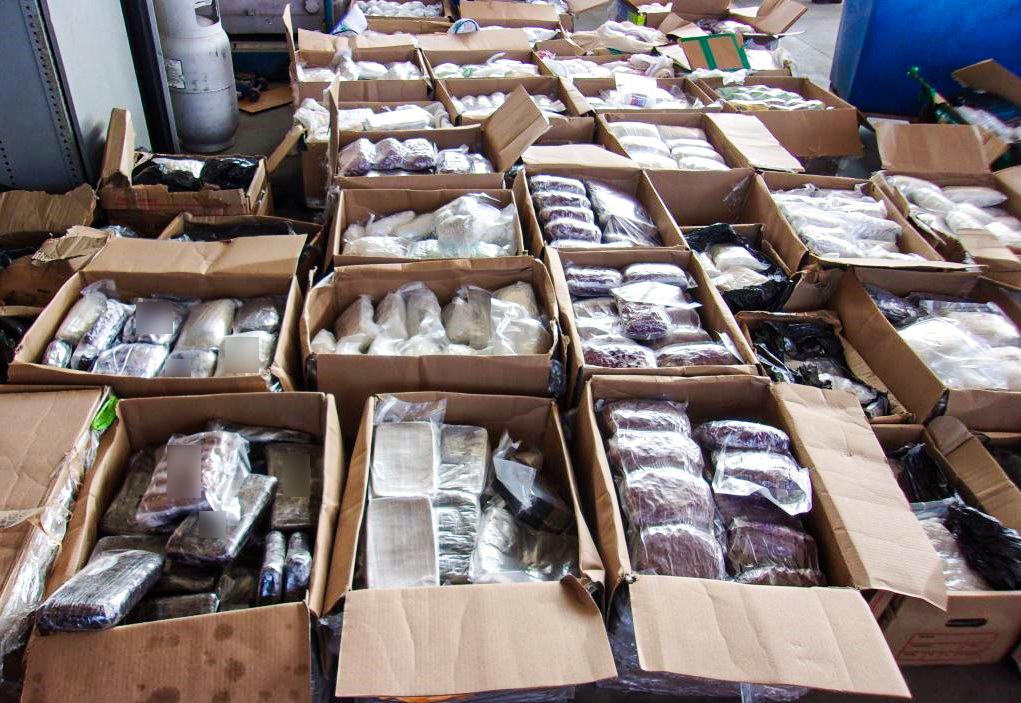Beijing has made only modest and half-hearted efforts toward curbing the flow of synthetic opioids such as fentanyl from manufacturers in China to foreign markets, where the drugs are causing record numbers of overdose deaths, particularly in the United States.
The communist regime is also continuing to place its geopolitical interests ahead of any effective reforms regarding the issue, according to a recent Brookings Institution report authored by Vanda Felbab-Brown, a senior fellow at the think tank. She has called opioids “the cause of the deadliest U.S. drug epidemic ever,” noting that drug overdose deaths soared to new levels between October 2020 and September 2021, with 104,288 Americans losing their lives. Of that number, opioids accounted for 78,388 deaths.





